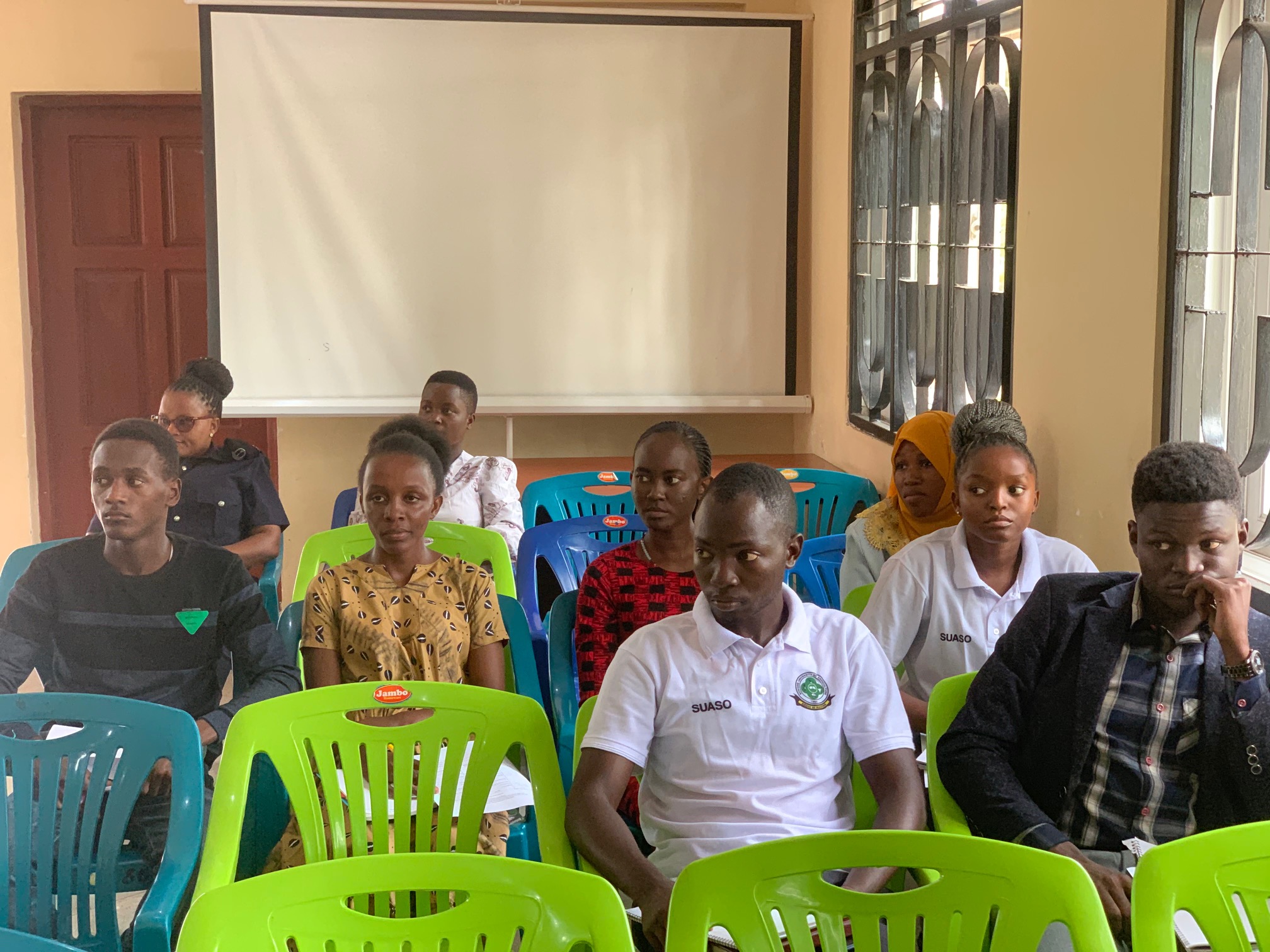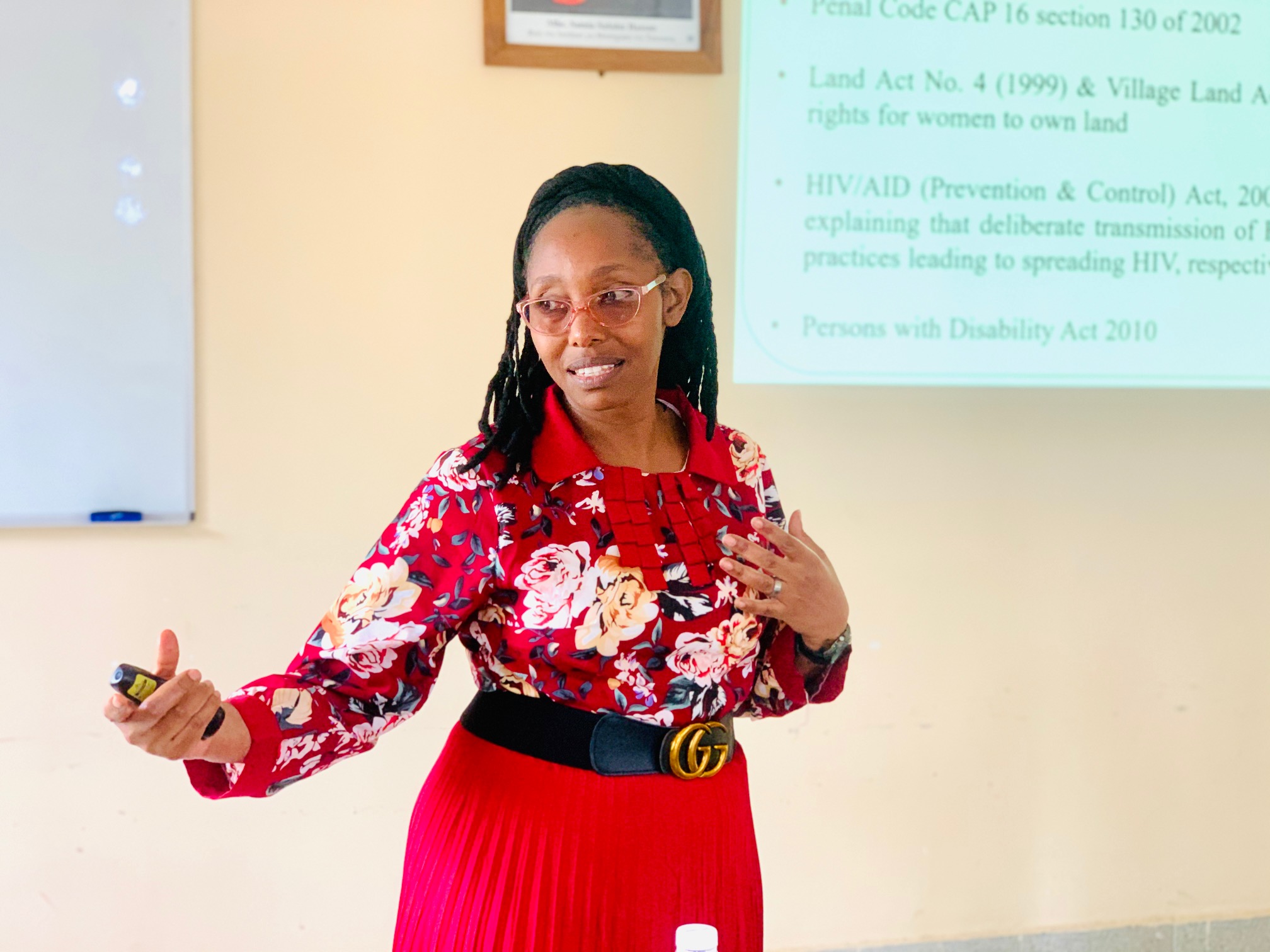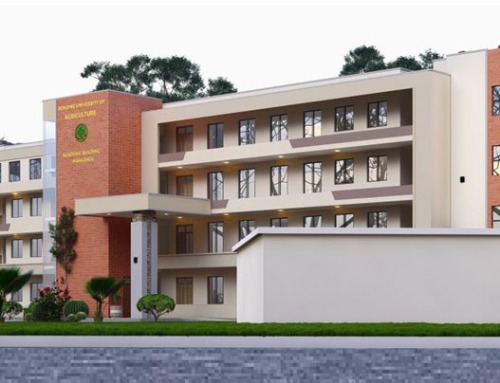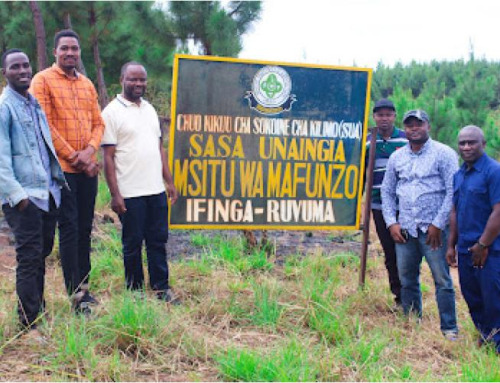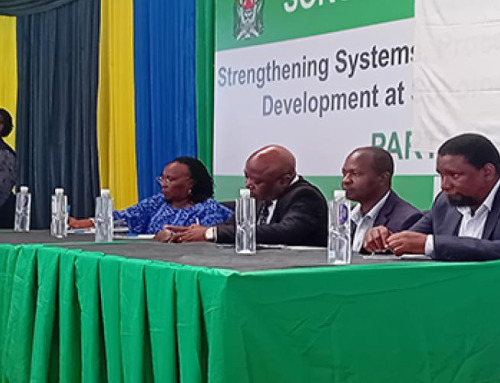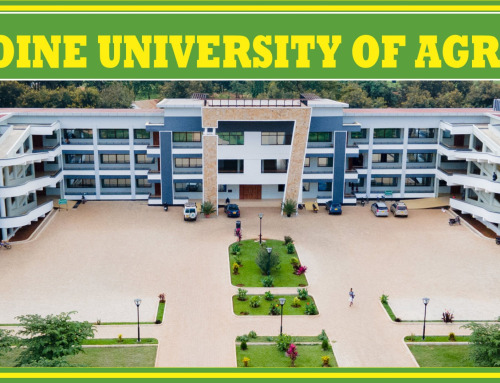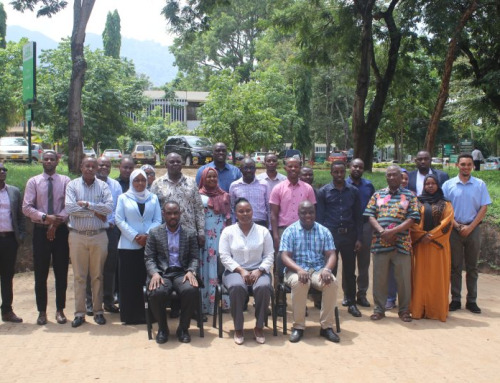The members of the Sokoine University of Agriculture (SUA), Mizengo Pinda Campus, have expressed their gratitude to the University Management through the Higher Education for Economic Transformation (HEET) Project for equipping them with knowledge on gender issues and how to integrate them into various campus activities.
This was revealed by Prof. Josiah Katani, the Principal of Mizengo Pinda Campus, on January 9, 2023, during the opening of the training. He mentioned that the training came at the right time as they had been accustomed to considering gender issues as ordinary matters in their daily work. However, they realized that gender is a significant aspect that affects their daily activities.
“Such training is not readily available, and we are grateful for receiving it in a one-day session. It has opened the minds of many individuals on the meaning and overall importance of gender and how to apply it in our daily tasks. We request that such training continues because the more people are empowered, the more they explore and find better ways to utilize gender in their work,” said Prof. Katani.
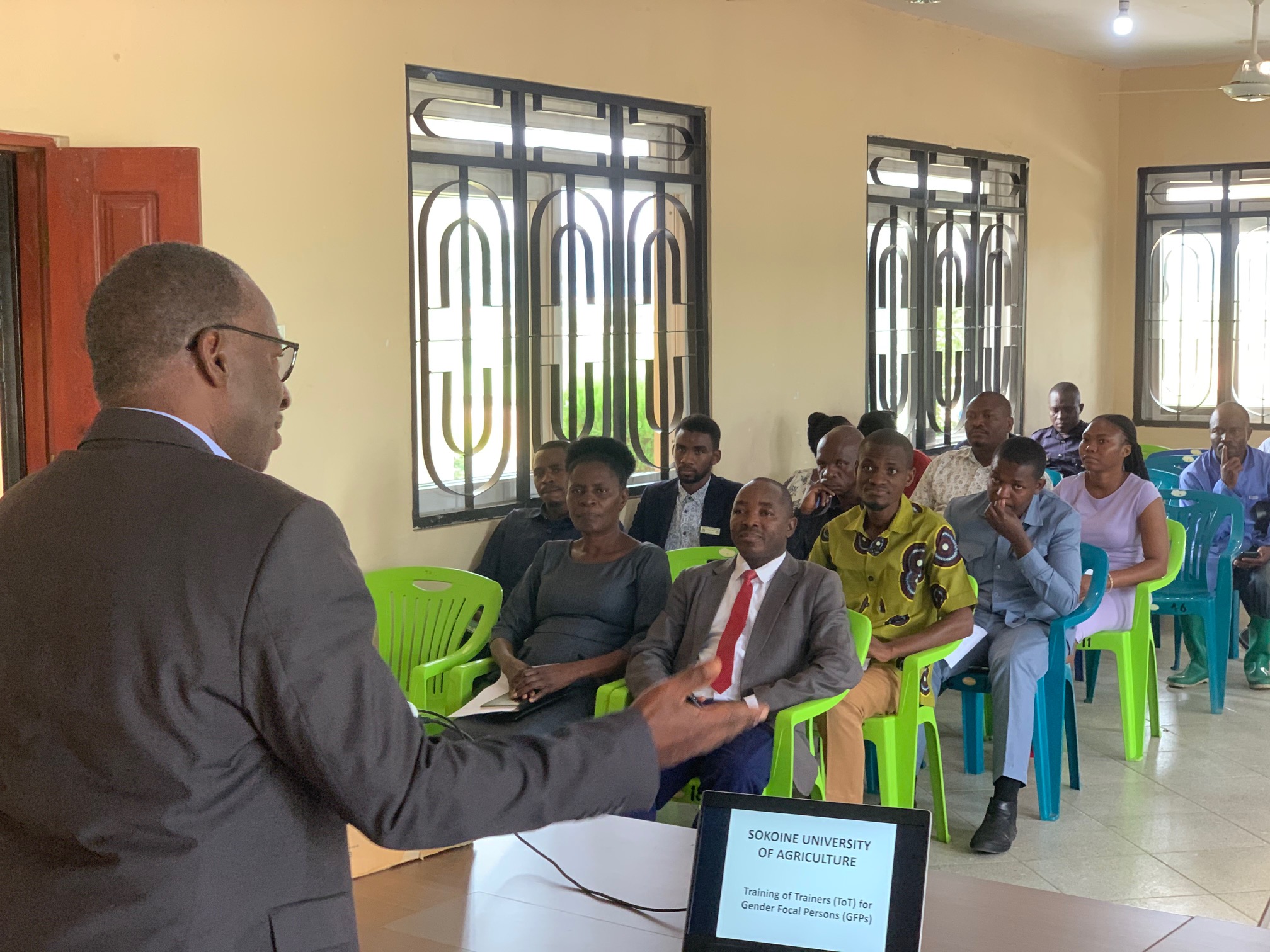
Furthermore, Prof. Katani suggested that gender issues should be integrated into the programs and courses offered by SUA, and they should be taught to all students, regardless of their major—whether they are studying Forestry, Agriculture, Medicine, or any other subject offered at SUA.
He extended his sincere thanks to the HEET Project and the Gender Experts who conducted the training, believing that the project will bring significant success in its implementation and further benefit the university.
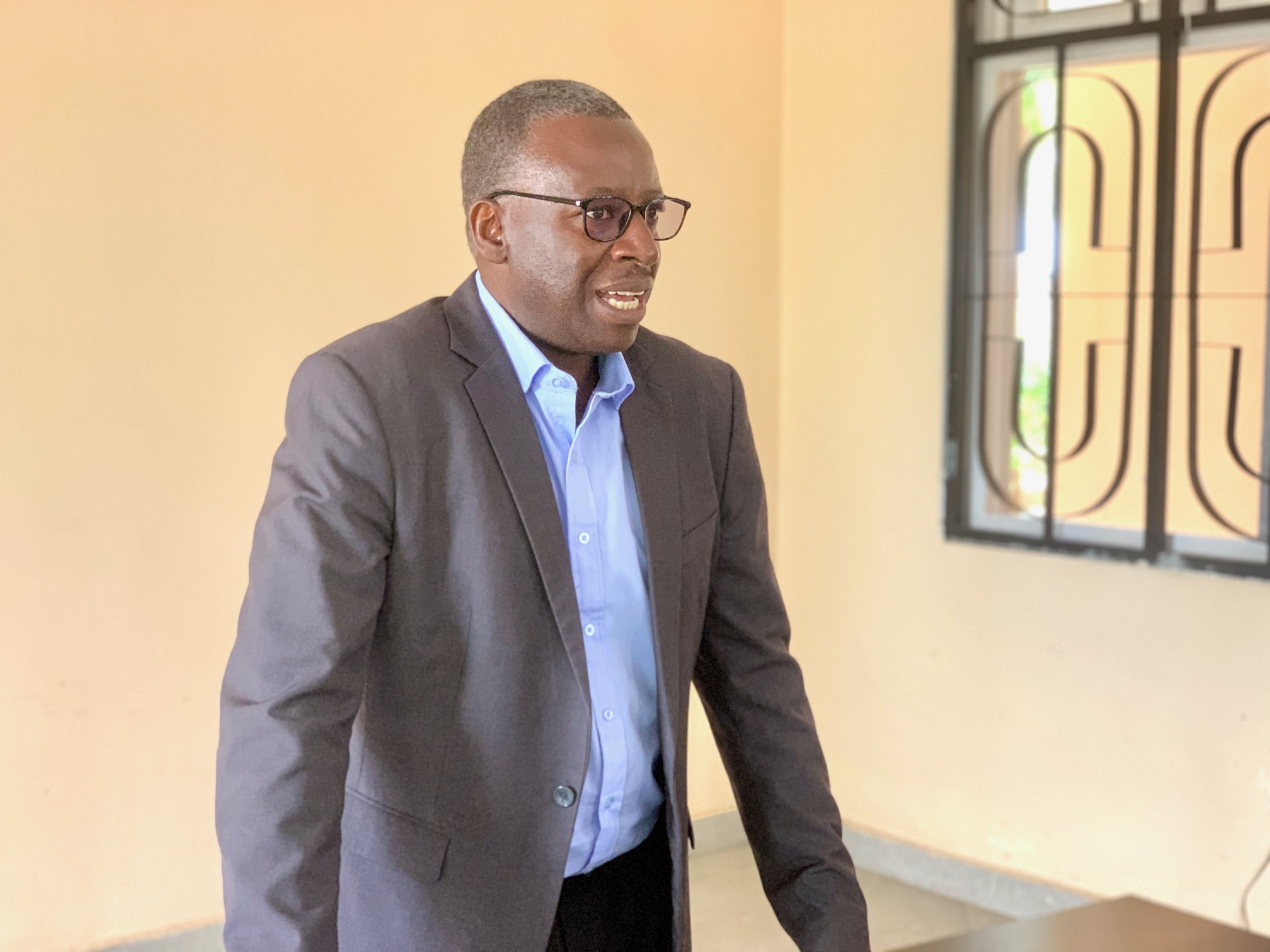
Prof. Katani
Explaining the purpose of the training, Prof. John Jeckoniah, the Gender Leader in the HEET Project, said the training aims to empower Academics, Administrators, and Students to understand and incorporate gender issues into all critical university activities, in accordance with the university and national guidelines.
“These training sessions are crucial as they empower Academics and Students to recognize issues of gender-based violence and harassment that may occur in their work or academic environments. Moreover, they teach individuals how to take action or report such incidents to the appropriate authorities,” explained Prof. Jeckoniah.
He mentioned that SUA has a Gender Policy and a policy against gender-based violence and harassment in preparation, with the draft already available and expected to be completed soon. Thus, these training sessions are a way of preparing these crucial stakeholders for the establishment of a Gender Desk, in line with the government’s directive for all Higher Education institutions to have one.
Prof. Jeckoniah explained that the Gender Desk is a formal system that enables Staff, Students, and other stakeholders at the university to identify gender-related issues and address them accordingly. The guidelines provided by the Gender Desk ensure that the university conducts its activities with specific goals in mind.
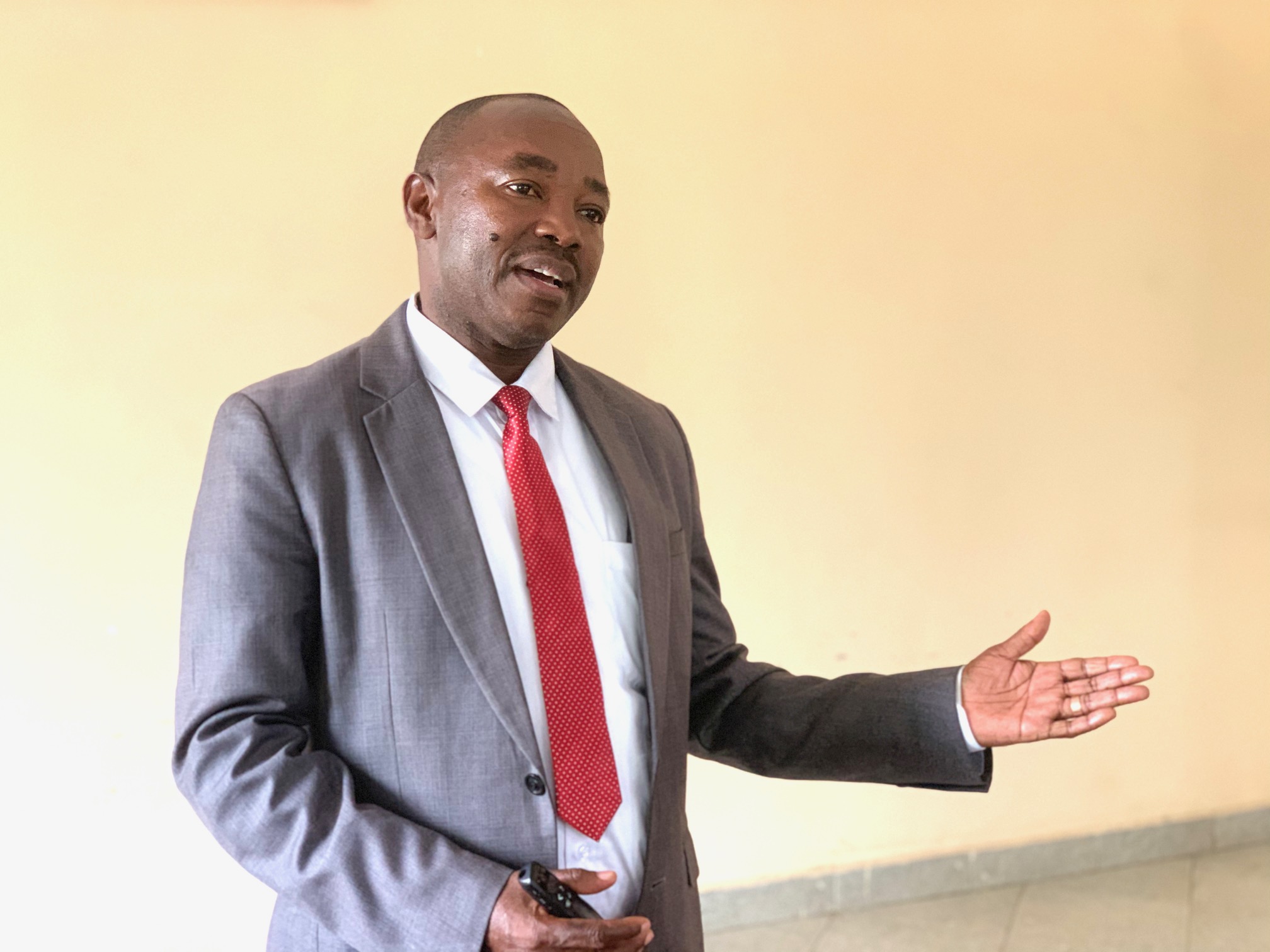
Prof. Jeckoniah
On her part, Prof. Anna Sikira, the Deputy Principal in charge of Academic, Research, and Consultancy Affairs at Mizengo Pinda Campus, said that the training would greatly help in creating a conducive environment for Staff, Stakeholders, and Students to coexist harmoniously. She highlighted that many of the students joining the university are still young and require guidance and supervision to help them achieve their goals.
“Some of our students are very young, and when they were at home or in secondary school, they lived in controlled and protected environments. However, when they come to the university, they are considered adults above the age of 18, but they still need guidance on how to live independently while adhering to the university’s rules and regulations. Therefore, this training is essential for both our students and teachers,” explained Prof. Sikira.
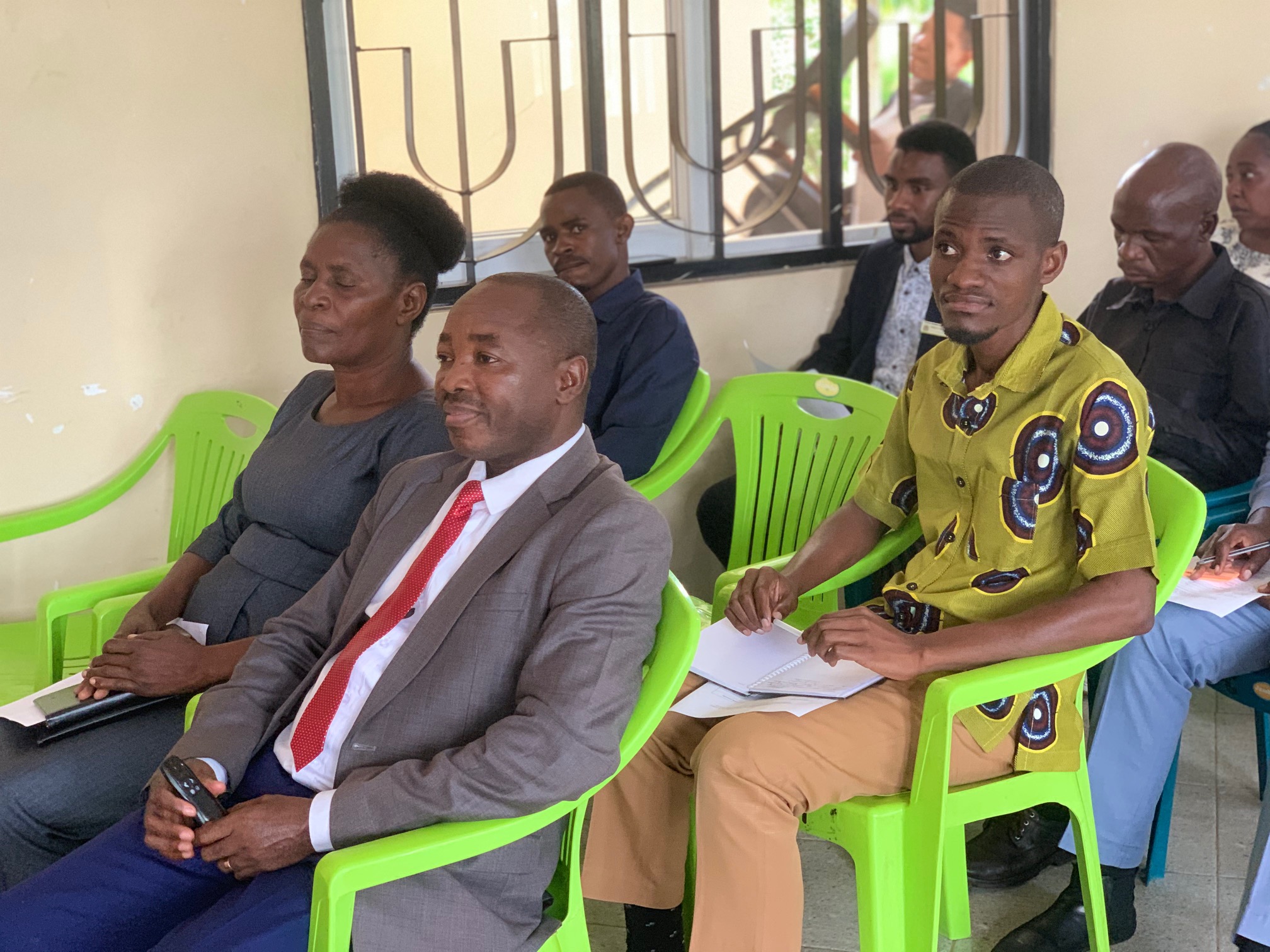
She emphasized that the Gender Desk would serve as the designated platform to receive all gender-related concerns. This way, the campus community would know where to channel such matters, ensuring a safe and effective mechanism to address them on campus.
Event highlights …
